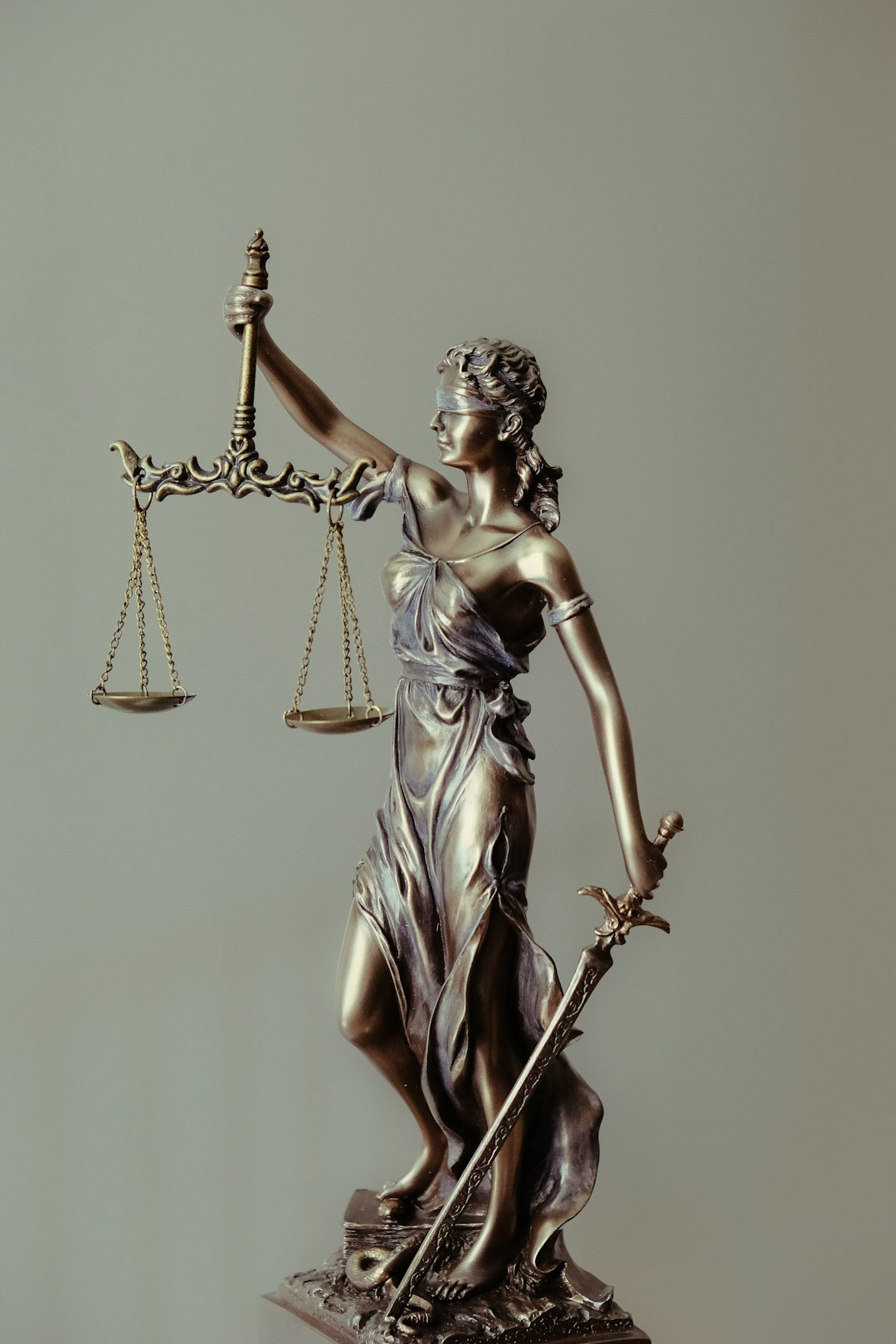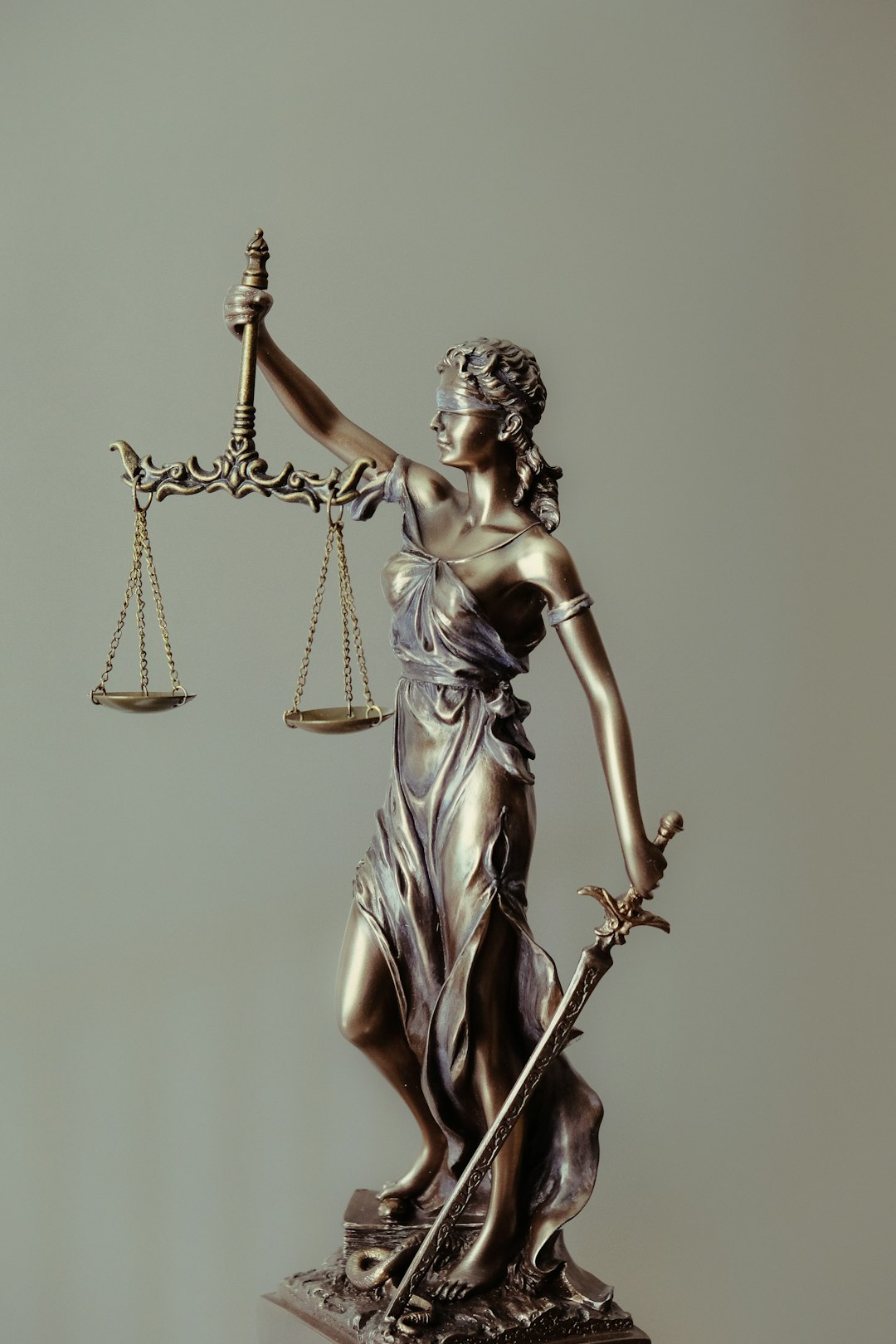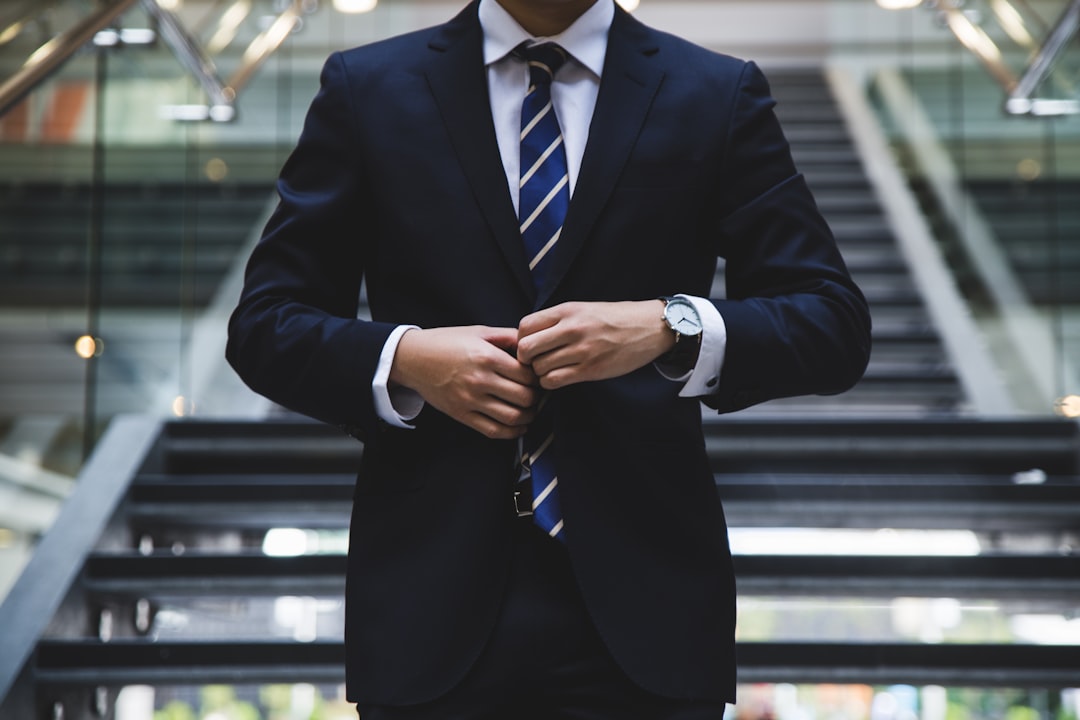In San Francisco, sexual assault cases are complex, making skilled legal representation crucial. Sexual assault lawyers specialize in navigating evidence gathering through subpoenas, obtaining critical information like medical records, police reports, and digital footage from hospitals, tech companies, and law enforcement. They guide clients through the formal subpoena process with the court, ensuring all relevant evidence is secured to strengthen claims for justice.
In San Francisco, navigating the legal process after a sexual assault can be complex. A crucial step for survivors seeking justice is understanding how to subpoena evidence. This comprehensive guide, tailored for sexual assault cases in San Francisco CA, explores the power of subpoenas. We delve into eligibility criteria, types of admissible evidence, and the precise steps to issue a subpoena. Learn from top sexual assault lawyers about best practices for effective evidence gathering, empowering you to pursue your case with confidence.
Understanding Subpoenas in Sexual Assault Cases
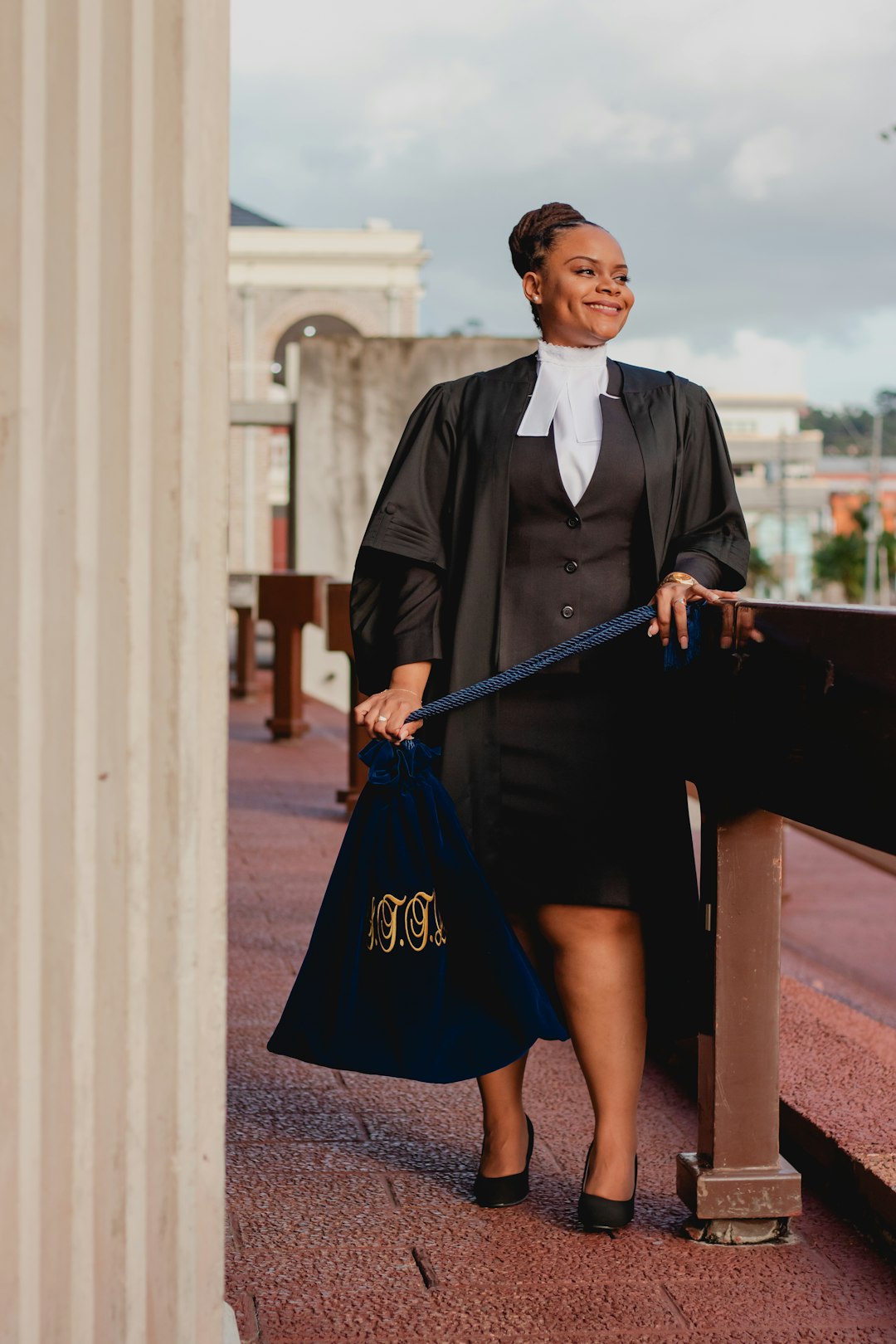
In San Francisco, sexual assault cases often require gathering specific evidence to support victims’ claims. Here, understanding subpoenas is crucial. A subpoena is a legal document that commands a third party to produce relevant documents or testify in a court proceeding. When it comes to sexual assault cases, this process can be instrumental in ensuring all available evidence is presented. For instance, a victim’s medical records, police reports, and any digital evidence like text messages or surveillance footage can significantly strengthen their case.
Sexual assault lawyers in San Francisco CA play a vital role in navigating this process. They guide victims through the complexities of subpoenas, ensuring that every necessary piece of evidence is obtained promptly. These legal professionals know how to draft effective subpoenas and manage the responses from third parties, be it hospitals, tech companies, or law enforcement agencies. This strategic approach can greatly impact the outcome of sexual assault trials.
Eligibility and Types of Evidence for Subpoena

In San Francisco, a subpoena is a powerful tool for sexual assault cases, allowing victims and their lawyers to secure crucial evidence. To issue a subpoena, the victim or their attorney must first establish eligibility, which typically requires them to be a party to the case or have standing to request the evidence. This could include law enforcement, medical professionals, or any individual or organization with relevant information.
The types of evidence that can be subpoenaed are diverse and critical for building a strong case. These may include medical records detailing injuries or treatments related to the assault, police reports, witness statements, digital evidence like text messages or surveillance footage, and even social media posts. A sexual assault lawyer in San Francisco CA will guide clients through this process, ensuring that every available piece of evidence is obtained to support the victim’s claim and secure justice.
The Process of Issuing a Subpoena in San Francisco
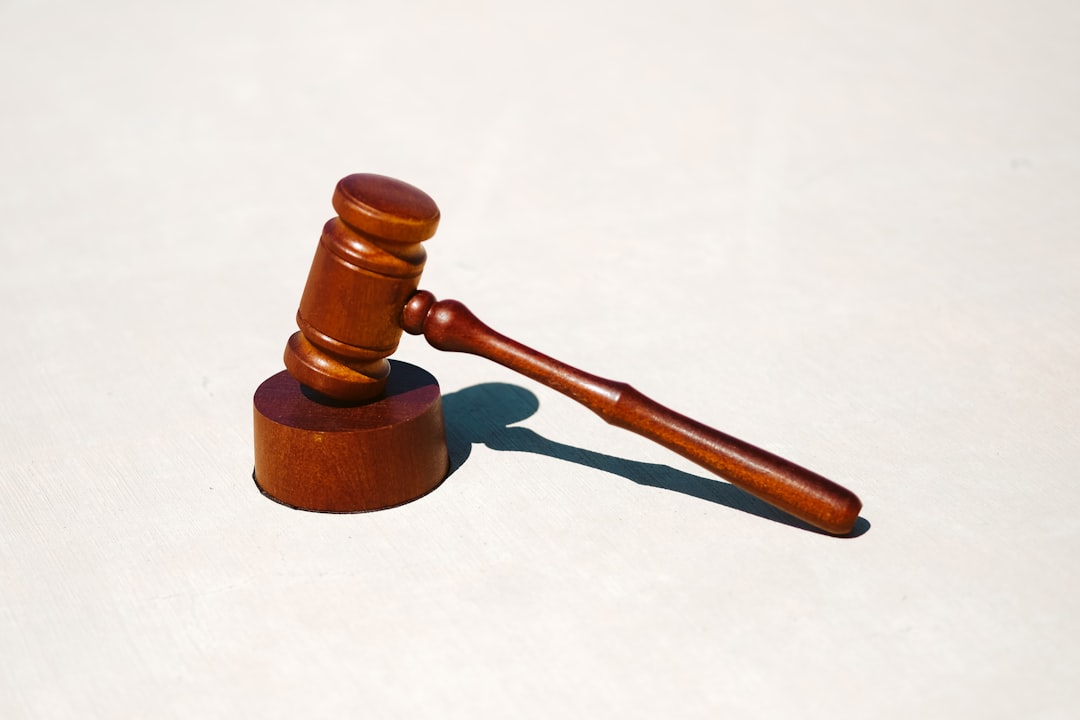
In San Francisco, the process of issuing a subpoena for evidence in a sexual assault case is a crucial step for a sexual assault lawyer to gather essential information and ensure justice. The first step involves filing a formal request with the court, which includes a detailed explanation of the requested materials and their relevance to the case. This can be done by the sexual assault lawyer CA through an attorney’s office or pro se (on behalf of oneself), though representation is often beneficial due to the complexity of legal procedures.
Once filed, the court will review the request and issue the subpoena if it meets the criteria of being relevant, material, and not overly broad. The subpoena must then be served on the intended recipient, typically an individual or organization in possession of the requested evidence. This is often done through a process server or by mail, ensuring that the recipient receives legal notice to produce the documents or testimony as directed within a specified timeframe.
Best Practices for Effective Evidence Gathering
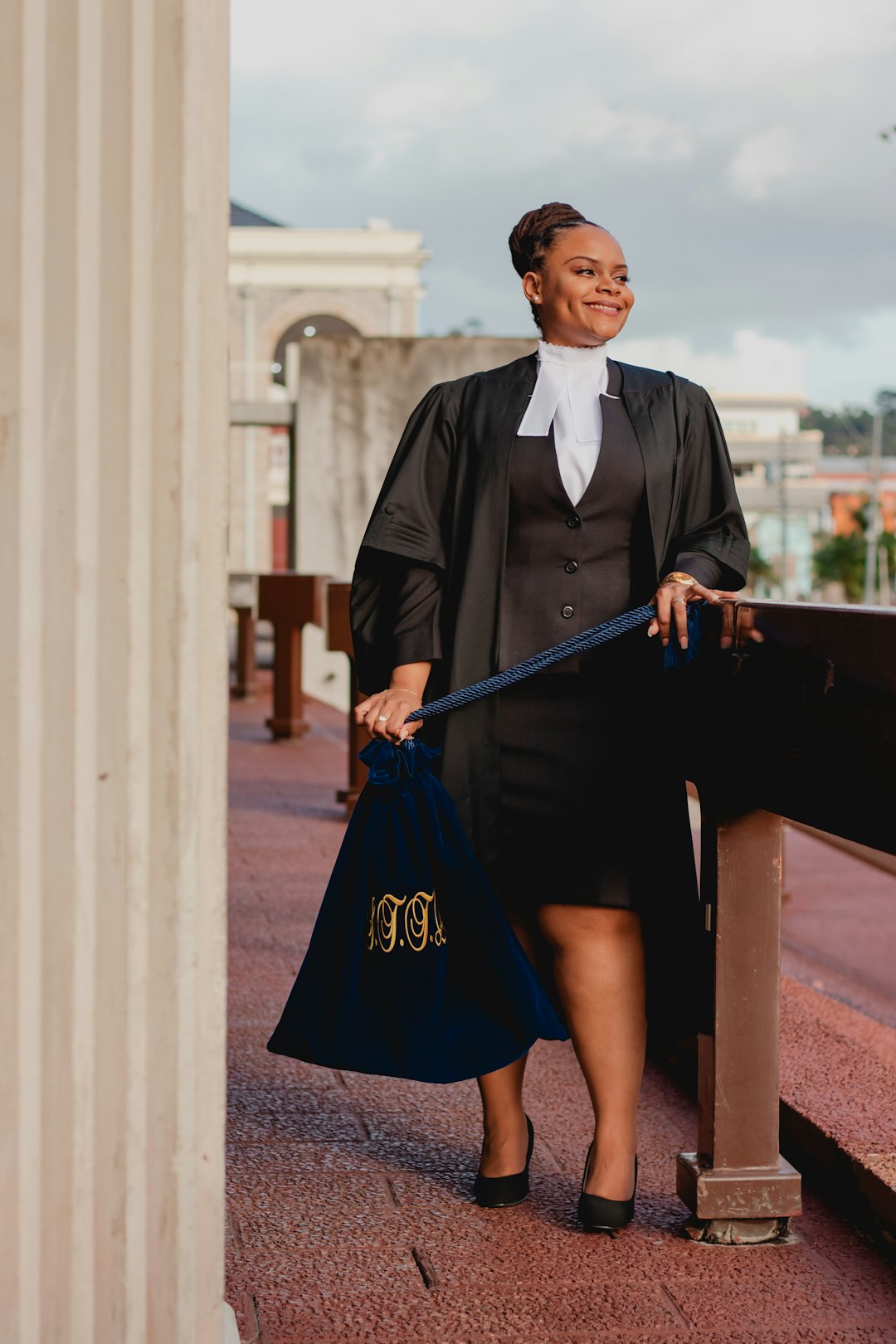
When handling sexual assault cases in San Francisco, CA, a well-executed evidence gathering process is paramount to achieving justice. A skilled sexual assault lawyer in San Francisco will employ best practices to ensure all relevant and admissible evidence is collected, preserving its integrity and reliability. This includes promptly securing the crime scene, documenting any injuries or physical evidence, and collecting witness statements without delay. Any delay can compromise the case, as memory fades and evidence may be altered or lost.
Effective gathering also involves meticulous record-keeping, organizing all data in a structured manner for easy reference during legal proceedings. This methodical approach helps build a compelling case while adhering to strict evidentiary rules. Working with professionals like forensic experts ensures that every piece of physical evidence, digital data, and medical records is properly handled and interpreted, enhancing the chances of securing a favorable outcome for the victim.



